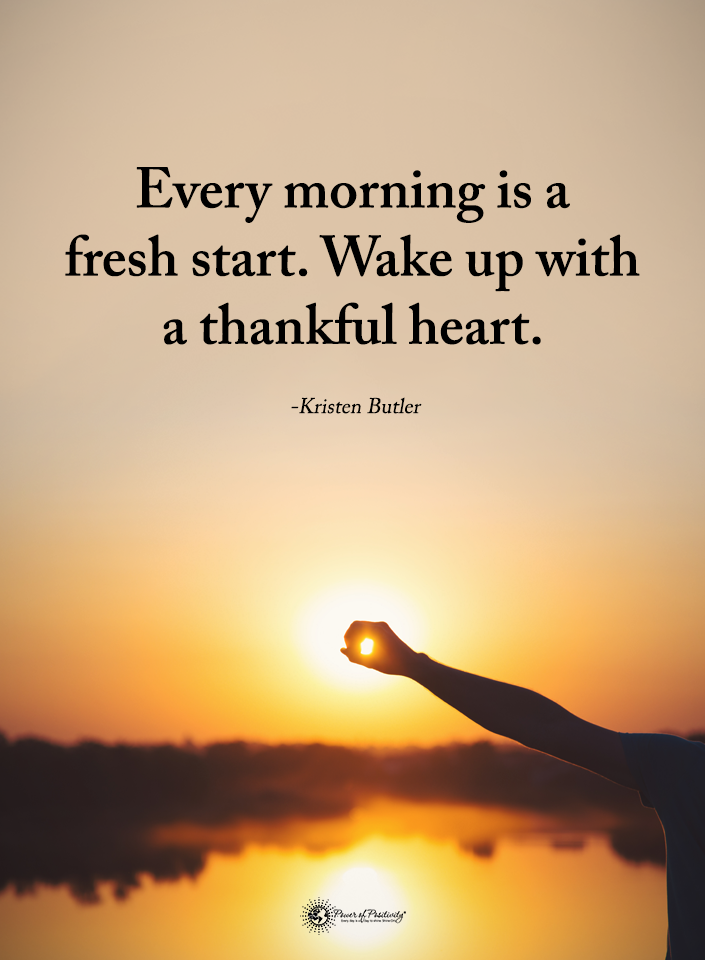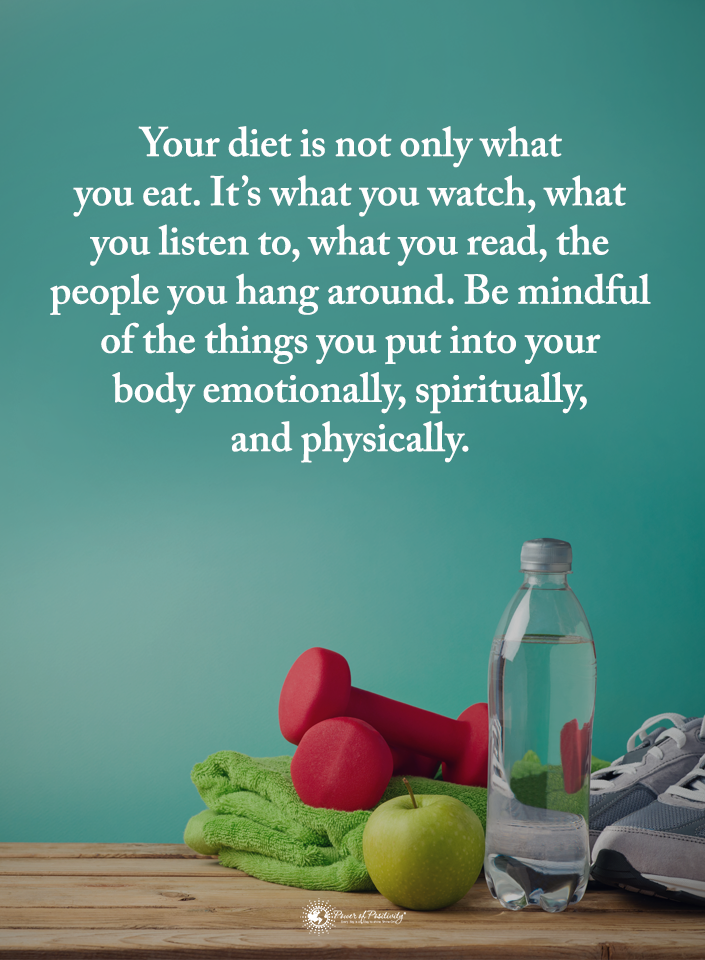Water isn’t just a thirst quencher—it’s life’s essential fuel. Healthy hydration habits are key to maintaining overall health. Did you know that around 60% of your body is made up of water? It’s responsible for everything from cushioning your joints to boosting your energy.
Yet, too often, we underestimate how crucial healthy hydration habits are. Staying hydrated isn’t just about avoiding dehydration; it’s about supporting your body to thrive, mentally and physically.
Imagine this: you’re feeling sluggish, your focus is slipping, and your mood is teetering. The culprit? A simple lack of water. It’s easy to overlook, but when you build the habit of regular hydration, you’re gifting your body what it truly craves.
And here’s the best part—small, consistent changes lead to big, positive results.
The Essential Benefits of Staying Hydrated
Body Functions Supported by Hydration
Staying hydrated ensures that essential bodily functions are maintained smoothly. Water helps regulate body temperature, keeps joints lubricated, and facilitates nutrient transport throughout the body.
Proper hydration is vital for supporting cardiovascular health and digestion, as it delivers oxygen and essential nutrients to cells while helping flush out waste.
Additionally, adequate water intake contributes to maintaining electrolyte balance, which is crucial for effective nerve signaling and muscle function.
Cognitive and Emotional Benefits of Proper Hydration
Hydration is more than just a physical necessity—it significantly impacts cognitive and emotional well-being. Even mild dehydration can impair concentration, memory, and decision-making, leading to reduced productivity and brain function.
Proper hydration helps maintain mental clarity by ensuring that brain cells receive ample oxygen and nutrients, keeping cognitive processes sharp and efficient.
Emotionally, hydration influences mood by supporting neurotransmitter production, such as serotonin, which contributes to feelings of happiness.
Dehydration has been associated with heightened stress levels due to increased cortisol production, which can exacerbate anxiety.
Daily Water Intake Recommendations
Hydration needs can also vary based on individual health conditions and body size. Monitoring urine color—aiming for light yellow—can help assess adequate hydration.
General Guidelines by Age and Activity Level
- Infants and Toddlers (0-3 years): About 2-4 cups per day.
- Children (4-8 years): Around 5 cups daily.
- Older Children (9-13 years): Approximately 7-8 cups per day.
- Teenagers and Adults (14+ years):
- Women: Typically need about 9-11 cups (2.1-2.7 liters) daily.
- Men: Around 12-16 cups (3-3.7 liters) per day.
Adjustments Based on Activity Level and Environment
- Physically Active Individuals: Additional 1-2 cups per hour of moderate to intense exercise, more in hot climates.
- Hot or Humid Climates: Higher intake is necessary to compensate for increased sweating and fluid loss.
- Pregnant or Breastfeeding Women: Should increase intake by at least an additional cup (approx. 0.24 liters) per day.
15 Effective Habits to Build Healthy Hydration Practices
1. Start Your Morning Hydrated

Kickstart your day with one or two glasses of water as soon as you wake up. This habit helps replenish fluids lost overnight and preps your body for the day ahead, promoting better hydration and boosting energy levels throughout the morning.
2. Carry a Reusable Water Bottle
Keeping a reusable water bottle within arm’s reach is an easy way to remind yourself to stay hydrated. This habit ensures water is readily available, making it convenient to take sips regularly whether you’re at work, commuting, or running errands.
3. Set Hydration Reminders
Leverage technology by setting reminders on your smartphone or hydration apps. These notifications help create a no-fail system, prompting you to drink water regularly and preventing lapses, especially during busy days.
4. Infuse Your Water for Flavor
Add some excitement to your water by infusing it with fruits or herbs like lemon, mint, or berries. This makes water more enjoyable, motivating you to drink more without added sugars or calories.
5. Drink Water with Every Meal
Create a routine where you drink a glass of water before and after meals. This habit aids digestion and integrates hydration into your daily eating patterns.
6. Tie Hydration to Routine Tasks
Associate drinking water with regular activities such as brushing your teeth, using the bathroom, or preparing your workspace. These consistent triggers make it easier to remember and maintain hydration.
7. Keep Water Chilled and Refreshing
Cold water can be more appealing, especially in warm weather. Store water in the fridge or use insulated bottles to enjoy refreshing, cool sips throughout the day.
8. Track Your Water Intake
Use marked water bottles or hydration-tracking apps to monitor your daily water consumption. Tracking helps ensure you meet your hydration goals and stay on top of your water intake.
9. Choose Water-Rich Snacks
Incorporate hydrating snacks such as cucumbers, watermelon, and strawberries into your diet. These foods not only help with fluid intake but also provide essential vitamins and minerals.
10. Balance Caffeinated Beverages
For every cup of coffee or tea, drink a glass of water. This balance helps mitigate the dehydrating effects of caffeinated beverages and maintains overall hydration.
11. Integrate Hydration into Meals
Make water-rich foods like tomatoes, citrus fruits, and leafy greens part of your meals. This approach adds flavor, boosts hydration, and supplies beneficial nutrients.
12. Hydrate Before and After Exercise
Ensure you drink water before starting any physical activity and rehydrate afterward. This supports muscle recovery and prevents fatigue, especially after sweating.
13. Monitor Your Urine Color
A simple way to check hydration is by observing your urine color. Aim for a light-yellow shade, which indicates proper hydration, whereas darker urine suggests more water is needed.
14. Leverage Technology for Support
Consider hydration apps or smart bottles that send reminders and track your water consumption. These tools offer insights and help build consistent hydration habits.
15. Experiment with Herbal Teas and Alternatives
Expand your options by incorporating herbal teas or low-sugar drinks like coconut water. They not only add variety but contribute to your overall fluid intake while offering different flavors and nutrients.
Top Foods and Beverages for Hydration
To maintain optimal hydration, incorporating water-rich foods and beverages into your daily routine can significantly boost your fluid intake and overall health.
These foods not only replenish water but also provide essential vitamins and minerals that support bodily functions.
Water-rich foods
 Cucumber: refreshing and low-calorie, perfect for salads or snacking.
Cucumber: refreshing and low-calorie, perfect for salads or snacking. Lettuce and leafy greens: Iceberg lettuce holds the highest water content, but darker greens add more nutrients.
Lettuce and leafy greens: Iceberg lettuce holds the highest water content, but darker greens add more nutrients. Tomatoes: Great for salads, sandwiches, or as a snack.
Tomatoes: Great for salads, sandwiches, or as a snack. Watermelon: A classic, hydrating summer fruit rich in antioxidants.
Watermelon: A classic, hydrating summer fruit rich in antioxidants. Bell peppers are packed with vitamin C and can be eaten raw or cooked.
Bell peppers are packed with vitamin C and can be eaten raw or cooked. Strawberries: Ideal for smoothies, cereal toppings, or just as a sweet treat.
Strawberries: Ideal for smoothies, cereal toppings, or just as a sweet treat. Cantaloupe: provides hydration and is loaded with vitamin A.
Cantaloupe: provides hydration and is loaded with vitamin A. Spinach: a versatile green with added benefits like fiber and essential minerals.
Spinach: a versatile green with added benefits like fiber and essential minerals. Broccoli: contains fiber and plant-based iron, supporting hydration and nutrition.
Broccoli: contains fiber and plant-based iron, supporting hydration and nutrition. Carrots: rich in beta-carotene and great for snacking or adding to dishes.
Carrots: rich in beta-carotene and great for snacking or adding to dishes.
Healthy beverage options besides water
 Milk (skim or plant-based): offers hydration and nutrients; options like almond milk are up to 98% water.
Milk (skim or plant-based): offers hydration and nutrients; options like almond milk are up to 98% water. Herbal teas are Caffeine-free and hydrating.
Herbal teas are Caffeine-free and hydrating. Broths and soups are Excellent for hydration while providing electrolytes and nutrients
Broths and soups are Excellent for hydration while providing electrolytes and nutrients
Recognizing the Signs of Dehydration
Dehydration can start slowly but escalate quickly. Staying vigilant for its signs is essential to avoid health complications. Even mild dehydration can affect your energy, focus, and overall function.
Recognizing early indicators and knowing the long-term effects helps maintain better health.
- Common symptoms include: thirst, dry mouth, fatigue, reduced urination, and dark yellow urine
- Unexpected signs may involve: dizziness, confusion, muscle cramps, or an accelerated heartbeat
- Severe dehydration risks: heatstroke, seizures due to electrolyte imbalance, and potential kidney damage
- Chronic dehydration effects: increased risk of urinary issues, cognitive impairment, and long-term kidney problems
Hydration Myths and Facts
Hydration is essential, but misconceptions abound. Knowing the truth can help maintain optimal health and prevent misguided practices. Here’s a breakdown of common myths and facts surrounding hydration:
- Myth: You must drink eight glasses of water daily
This guideline is overly simplistic. Hydration needs vary based on age, activity, and climate. - Myth: Caffeine and alcohol always dehydrate you
Moderate amounts do not lead to significant dehydration. The body can adapt with consistent hydration practices. - Myth: Thirst is a reliable indicator of dehydration
Thirst can lag behind actual hydration needs, especially as you age. - Myth: Water is the only way to stay hydrated
About 20% of daily hydration comes from water-rich foods like fruits and vegetables.
Health Benefits of Proper Hydration
Maintaining adequate hydration is vital for optimal body function and well-being. It influences not only immediate physical and cognitive abilities but also has long-term health implications.
Physical Performance
- Staying hydrated supports joint lubrication and muscle function, helping you avoid cramps and fatigue. Proper hydration also allows the body to regulate temperature effectively during exercise and boosts endurance by maintaining optimal blood flow and oxygen transport.
Mental Function
- Water is essential for cognitive processes; even slight dehydration can impair focus, mood, and memory. Proper hydration promotes clear thinking and prevents mental fatigue, ensuring your brain functions at its best.
Disease Prevention
- Consistent hydration can reduce the risk of kidney stones, urinary tract infections, and chronic kidney disease. It helps maintain normal blood pressure and supports the immune system by aiding in toxin removal and reducing the risk of related illnesses.
Long-term Health Impact
- Over time, maintaining hydration helps mitigate chronic issues like hypertension by aiding blood circulation. It also supports the kidneys, reducing the risk of damage from persistent dehydration, and can contribute to maintaining healthy blood sugar levels by facilitating glucose distribution.
Last Drops of Insight
Prioritizing hydration isn’t just a simple health tip—it’s a vital component of overall well-being.
By maintaining proper hydration, you support physical performance, sharpen mental function, and aid in disease prevention, contributing to a healthier, more resilient body.
Long-term hydration practices can significantly enhance quality of life and reduce the risk of chronic health conditions.
Remember, hydration is more than a task—it’s a commitment to nurturing your body daily. So, keep your water bottle handy and make hydration a habit.
Your body will thank you with every sip. Stay refreshed and keep flowing—life’s better when hydrated!
The post Healthy Hydration Habits for Better Health and Well-Being appeared first on Power of Positivity: Positive Thinking & Attitude.









 Cucumber: refreshing and low-calorie, perfect for salads or snacking.
Cucumber: refreshing and low-calorie, perfect for salads or snacking. Lettuce and leafy greens: Iceberg lettuce holds the highest water content, but darker greens add more nutrients.
Lettuce and leafy greens: Iceberg lettuce holds the highest water content, but darker greens add more nutrients. Tomatoes: Great for salads, sandwiches, or as a snack.
Tomatoes: Great for salads, sandwiches, or as a snack. Watermelon: A classic, hydrating summer fruit rich in antioxidants.
Watermelon: A classic, hydrating summer fruit rich in antioxidants. Bell peppers are packed with vitamin C and can be eaten raw or cooked.
Bell peppers are packed with vitamin C and can be eaten raw or cooked. Strawberries: Ideal for smoothies, cereal toppings, or just as a sweet treat.
Strawberries: Ideal for smoothies, cereal toppings, or just as a sweet treat. Cantaloupe: provides hydration and is loaded with vitamin A.
Cantaloupe: provides hydration and is loaded with vitamin A. Broccoli: contains fiber and plant-based iron, supporting hydration and nutrition.
Broccoli: contains fiber and plant-based iron, supporting hydration and nutrition. Carrots: rich in beta-carotene and great for snacking or adding to dishes.
Carrots: rich in beta-carotene and great for snacking or adding to dishes. Milk (skim or plant-based): offers hydration and nutrients; options like almond milk are up to 98% water.
Milk (skim or plant-based): offers hydration and nutrients; options like almond milk are up to 98% water. Herbal teas are Caffeine-free and hydrating.
Herbal teas are Caffeine-free and hydrating. Broths and soups are Excellent for hydration while providing electrolytes and nutrients
Broths and soups are Excellent for hydration while providing electrolytes and nutrients